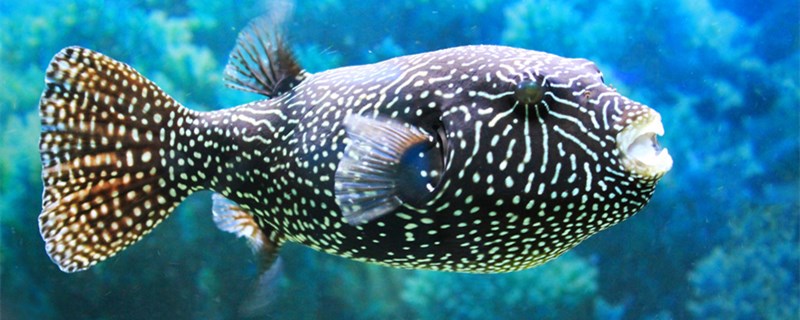
Fish do not have lungs. These animals live in water and therefore rely on their gills to take in oxygen from the water. When it swims in the water, it keeps its mouth open, which allows water to enter through its mouth and then exit through its gills. The gill filaments in the gill cover are densely covered with capillaries, which can complete gas exchange when they meet the current, allowing the fish to obtain oxygen and discharge carbon dioxide.
1. Swim bladder: Swim bladder is generally used to regulate gas, which can make fish float up and sink, but there are also some fish whose swim bladder can play a role in breathing. For example, the African lungfish, their swim bladder structure is special, the central cavity is filled with small air chambers, which are divided into small air sacs, which are very similar to the lungs of terrestrial animals, can store a certain amount of oxygen for it to breathe.
2. Intestinal tract: Misgurnus anguillicaudatus is a kind of fish that lives at the bottom of the water. It generally lives day and night. In addition to breathing with its gills, it can also breathe with its intestines. Therefore, it can survive in an environment with low dissolved oxygen. Moreover, in a place without water, as long as the soil is wet, it will not die.
3. Skin: In addition to breathing with the swim bladder and intestinal tract, there are some fish that can breathe with skin, such as mudskipper. This kind of fish generally inhabits the shallow waters along the coast, can come to the shore to hunt at low tide, although it will leave the water, but with the help of skin and oral mucosa can absorb oxygen.